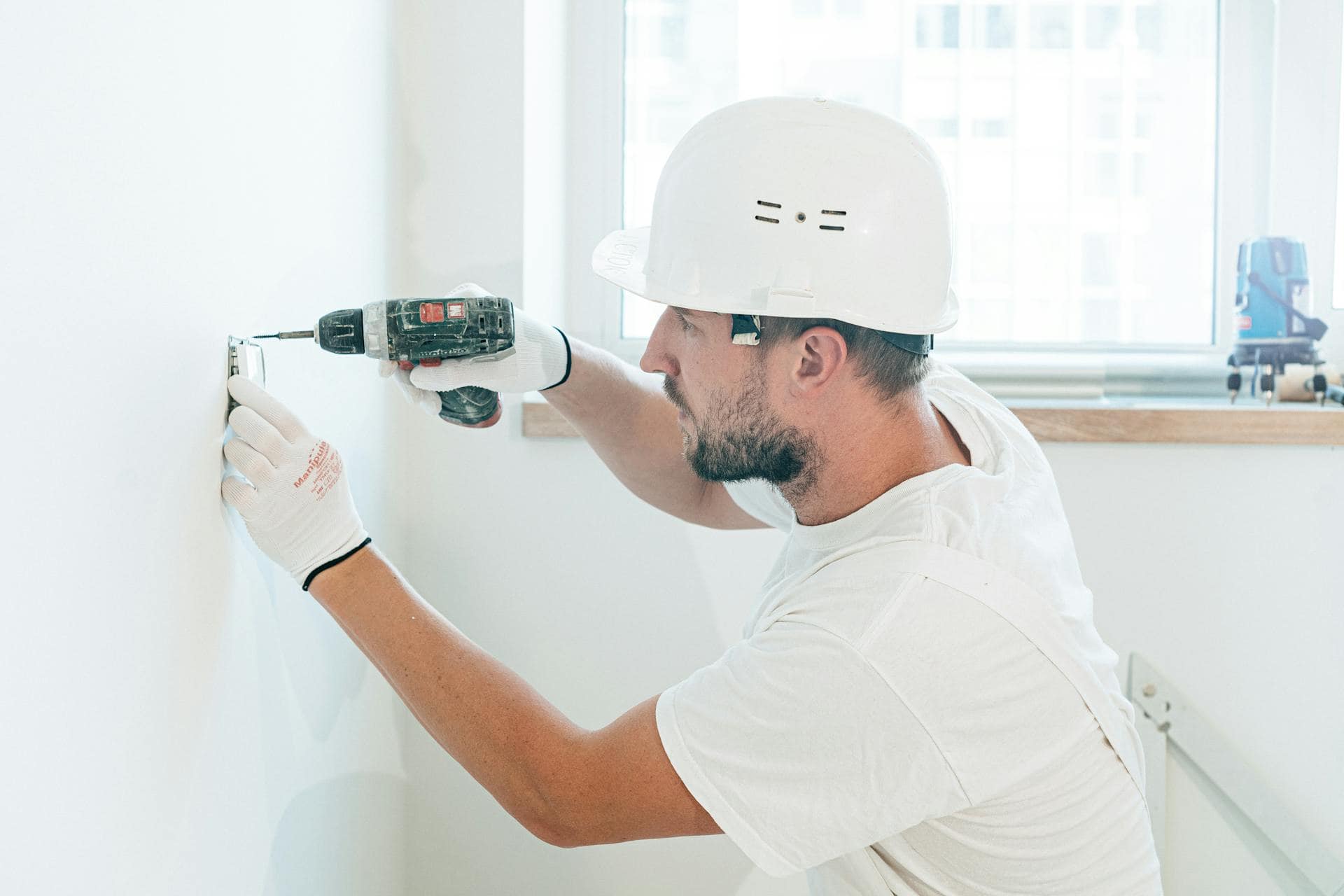
Question: Do You Need an Electrician To Install a Ductless Range Hood?
Answer: Whether or not you need an electrician to install a ductless range hood depends on several factors. If the range hood plugs into a standard outlet, likely no. If it requires new wiring or a dedicated circuit, then yes, consult a qualified electrician.
Ductless Range Hood Installation: A Practical Guide
Installing a ductless range hood offers a practical ventilation solution for kitchens without existing ductwork. This guide examines whether you need an electrician for installation, covering electrical requirements, local codes, and safety considerations to help you make an informed decision. A ductless range hood filters air and recirculates it back into the kitchen. They eliminate odors and grease.
Understanding Ductless Range Hoods
Ductless range hoods work differently than ducted models. Ducted range hoods vent air outside, while ductless range hoods filter the air and return it to the kitchen. They use a charcoal filter to absorb odors and a grease filter to trap grease particles. This setup simplifies installation because it eliminates the need for ductwork. However, understanding the electrical requirements is essential.
Most ductless range hoods require a standard 120-volt electrical connection. This connection powers the fan and lights. Some models offer additional features like heat sensors or automatic shut-off, but these do not typically change the basic electrical needs.
Click here to learn more about Blue Kitchen Refacing
Related Article: What is the Difference Between a Range Hood and a Vent Hood?
Related Article: Are Recirculating Rangehoods Any Good?
Do You Need an Electrician?
Do You Need an Electrician To Install a Ductless Range Hood? You might install a ductless range hood yourself, especially if your hood plugs into a standard outlet. However, if your installation requires wiring the hood directly to a junction box, local codes may mandate a licensed electrician. This protects you and ensures the installation meets safety standards. Hiring a professional also reduces the risk of electrical problems.
An electrician understands wiring regulations and can safely connect your range hood to the power supply. They can also check for existing wiring problems and address them promptly. This professional installation can offer peace of mind.
Building Codes and Regulations
Local building codes dictate specific requirements for electrical work. These codes ensure safety and compliance with local regulations. Check your local building codes before you begin the installation process. Permits may be necessary, even for simple electrical work. Failure to comply with these codes can result in fines or safety hazards. Consulting with a local inspector or electrician can help clarify these requirements.
Building codes often address ventilation requirements, electrical connections, and appliance installation procedures. They aim to protect homeowners and ensure proper function of appliances. While you can access these codes yourself, interpreting them can be challenging. A qualified electrician can simplify this process.
Safety First
Safety should be your top priority. Always disconnect the power supply before working on any electrical connections. This simple step prevents electric shocks. Use appropriate safety equipment like insulated gloves and tools. If you are not comfortable with electrical work, hire a licensed electrician. Professional installation mitigates risks and ensures the job gets done correctly.
Working with electricity can be dangerous. Improper wiring can cause fires or shocks. Electricians have the training and experience to handle electrical work safely and efficiently. Their expertise provides an extra layer of protection for your home and family.
DIY vs. Professional Installation: Weighing the Options
Choosing between DIY and professional installation requires considering your skills, local regulations, and budget. DIY offers cost savings if you possess the necessary skills and knowledge. It gives you control over the process. However, professional installation offers safety and compliance with building codes. Electricians provide expert advice and guarantee proper installation. Weigh these factors carefully to make the best choice for your situation.
Consider the complexity of your installation. If it involves running new circuits or modifying existing wiring, hiring an electrician is generally recommended. They have the right tools and knowledge to handle these tasks safely and efficiently. For simpler plug-in installations, a DIY approach might be suitable for those comfortable with basic electrical work. However, always prioritize safety.
Conclusion
Installing a ductless range hood presents both challenges and opportunities. While a DIY installation can save money, it requires electrical knowledge and adherence to building codes. If you lack experience or feel uncertain about the process, hiring a licensed electrician is the best choice. They can ensure a safe, compliant, and efficient installation, providing peace of mind and long-term functionality for your ductless range hood.
Whether you need an electrician to install a ductless range hood depends on your specific situation. Always prioritize safety and compliance with local regulations. If in doubt, consult a professional to ensure a successful installation.

Blue Malue Get in touch with Blue here.
